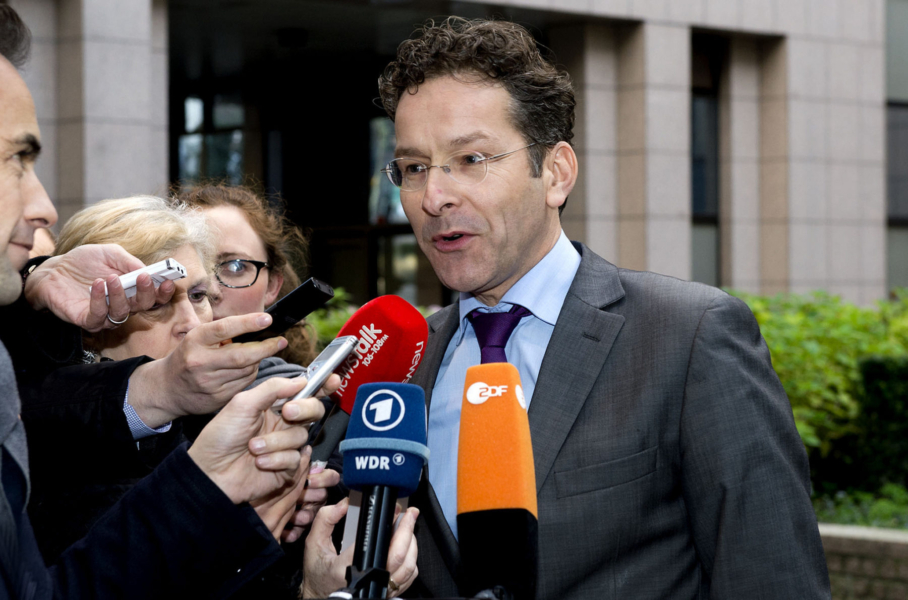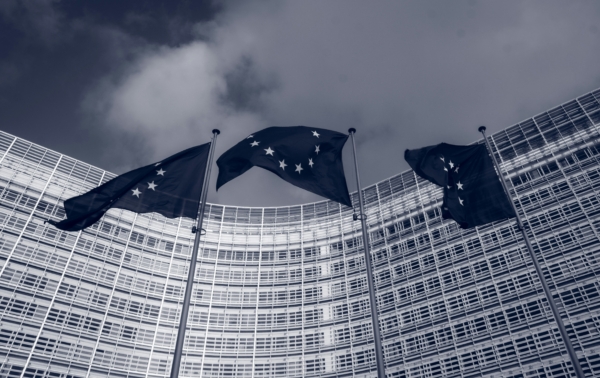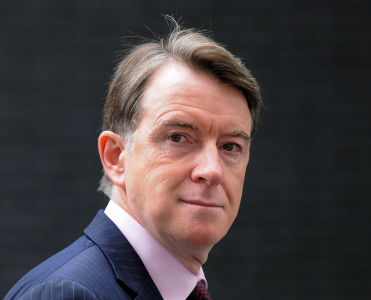Whether he stays on or not, Mr Dijsselbloem and the Eurogroup need to make sure that its next President does not have a built-in conflict of interest.
For most of its existence, the Eurogroup’s workings were of little concern, as it went about discussing non-binding economic targets via the so-called ‘open method of coordination’. The Eurogroup was a fig-leaf for the gouvernement économique demanded by the French, although it patently failed in its intended purpose of establishing a euro area fiscal counterpart to the European Central Bank’s single monetary policy modeled after German rigour.
But the euro crisis changed everything. Fiscal and economic policy coordination was haphazardly integrated through the back-door, leading to a muddled sharing of competencies that compartmentalised the opposition and made it difficult to identify who is in charge. Throwing in the ultimate decision-making power on euro area ‘bailouts’ via the European Stability Mechanism (the bailout fund’s Board of Governors is identical to the Eurogroup) set the stage for ad hoc governance via peer-pressure in all-nighter negotiations.
The Eurogroup is far from perfect, but one definite improvement would have been an independent President without a built-in conflict of interest. This is why we advocated for Jeroen Dijsselbloem, acting Dutch finance minister and “permanent” yet part-time Eurogroup President since 2013, to retain his latter post regardless of his domestic political fortunes.
As the Eurogroup has no rules of procedure – the treaty protocol attesting to its existence merely states that a President be elected for a 2.5-year term – the toxic tradition of a conflict of interest-laden national finance minister doubling as President could have resolved itself by virtue of the Eurogroup’s inability to agree on anyone else. The current President’s mandate runs until January 2018.
Unfortunately, Mr Dijsselbloem immediately made ill-advised comments to the FAZ that reinforced the argument for why we need a full-time President of the Eurogroup (PEG): in the polarised world of Eurozone governance, a national finance minister will always be either of the ‘North’ or of the ‘South’, either an austerity hawk or a spendthrift. Even though they may be able to act diplomatically for a few years, deep down, they are still likely to resent each other. Once you accuse one negotiating side of blowing their money on “drinks and women”, you can never be an impartial arbiter again.
Of course, Mr Dijsselbloem never was one. He was always beholden to his Prime Minister, at whose pleasure he served, his national parliament and his electorate. The structural incentives in place therefore prompted him to please his domestic audience rather than to do what is right for the Eurozone as a whole.
Instead, the Eurogroup President should be accountable to his fellow ministers, whose work he or she should direct, and to the European Parliament. The accountability to the Parliament is necessary because the Eurogroup is mainly an executive body, as opposed to most Council formations which act as the upper chamber of the European legislature.
Additionally, the Eurogroup is notoriously opaque. A full-time PEG who reports to the Parliament’s Economic and Monetary Affairs Committee after each Eurogroup meeting would greatly enhance citizens’ and parliamentarians’ ability to scrutinise the Eurogroup’s work. Mr Dijsselbloem’s refusal this week to answer the Parliament’s questions on the Greek bailout is unacceptable, even if currently legal.
Finally, the Eurogroup should be institutionalised, with proper rules of procedure, document handling, and a physical address with actual spokespeople. We can no longer be governed by an informal club that does not even have formal decision-making powers.







